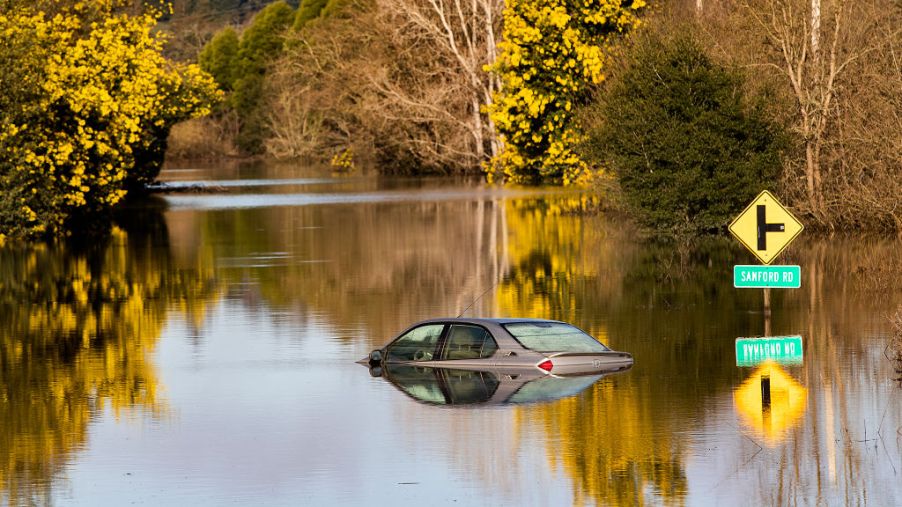
Auto Lenders About To Collapse From Defaults
Sales of new cars are expected to dip at least 20%. On top of that comes this cheerful news from Credit Acceptance Corp. It is the lending institution that handles most of the country’s subprime credit scores. Credit Acceptance is seeing payments dropping substantially as people cope with job losses and other issues from the coronavirus crisis. Credit Acceptance calls it “reallocating resources” but whatever you want to call it borrowers are not making their car payments at an alarming rate. It looks like auto lenders are in danger of collapse from defaults.
New auto loans have slowed way up as dealerships remain closed

Besides existing loans being in jeopardy new loans have slowed way up as dealerships continue to stay closed. “A continued disruption in our workforce, decrease in collections from our consumers or decline in consumer loan assignments could cause a material adverse effect on our financial position, liquidity and results of operations,” Credit Acceptance wrote Automotive News.
Of course part of their dire pronouncement is because most lenders are seeing a substantial increase in delinquencies. Some are offering forbearance to stem the tide of what could potentially be millions of defaults before the end of the year. This week Ally Financial said over 25% of its auto loans were being handled this way.
Ally Financial lost almost as much in the first quarter of 2020 as it made in the first quarter of 2019
Ally Financial is one of the largest auto lenders in the US. It recently posted a first-quarter net loss of $319 million as it tries to manage so much credit loss. Ally Financial lost almost as much in the first quarter of 2020 as it made in the first quarter of 2019.

Over $900 million has been set aside for loans it expects won’t be repaid. That is more than three times what it would traditionally set aside. Deferring payments and extending leases are some of the means Ally is coping with the coronavirus crisis. Additionally, it has pledged $3 million in financial aid for local communities hardest hit by job losses.
“We still don’t know how long it will take to return to normalcy.”
Ally’s CEO Jeffery Brown told Automotive News, “We still don’t know how long it will take to return to a state of normalcy.” That is the biggest concern. If lenders like Ally are seeing 25% of their customers needing assistance at this early stage how will the landscape look in July? Or in October? If the economy springs back rather quickly then it will be easier to overcome financial hardship. If not, then lenders have only begun to see how the pandemic is impacting customers and lenders alike.
, “We still don’t know how long it will take to return to a state of normalcy.” That is the biggest concern. If lenders like Ally are seeing 25% of their customers needing assistance at this early stage how will the landscape look in July? Or in October? If the economy springs back rather quickly then it will be easier to overcome financial hardship. If not, then lenders have only begun to see how the pandemic is impacting customers and lenders alike.

Ally says it has cash reserves of over $3 billion which Brown says, “Is the highest loss absorption capacity in the history of our company for credit losses.” It is estimated that Ally’s losses are down over $500 million from a year ago and almost $600 million from the fourth quarter of 2019.
As businesses slowly begin to open up after lock-in-place orders it remains to be seen how soon pre-pandemic conditions will return. It’s too early to tell at this time. Expectations are high as lenders look at their bottom lines and try to determine when the bleeding will stop.



